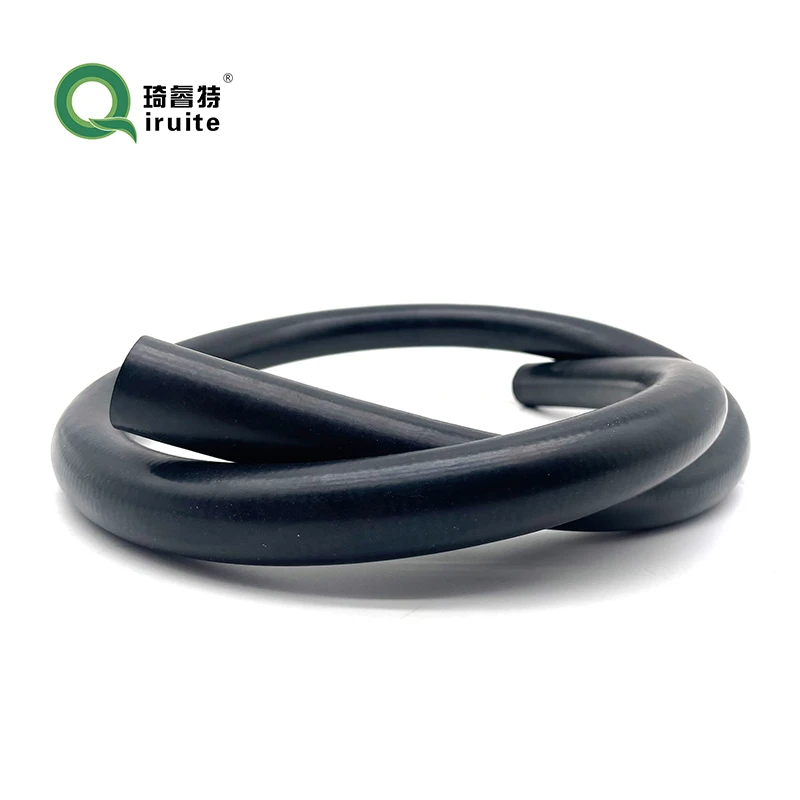bleed brake lines
Understanding the Importance of Bleeding Brake Lines
Brake systems are crucial for the safety and performance of any vehicle. One essential procedure that often goes overlooked is bleeding the brake lines, a process necessary to ensure that your braking system functions optimally. Understanding the importance of this procedure can make a significant difference in your driving experience.
When you press the brake pedal, hydraulic fluid is sent from the master cylinder to the brake calipers or wheel cylinders. This pressure activates the brakes and slows down or stops the vehicle. However, over time, air can enter the brake lines, usually due to leaks, moisture in the braking fluid, or the natural degradation of components. When air bubbles accumulate, they can compromise the hydraulic pressure needed for effective braking, leading to a spongy or unresponsive pedal.
bleed brake lines

Bleeding brake lines removes this air from the system, ensuring that the hydraulic fluid flows smoothly and maintains the necessary pressure. There are various methods to bleed brake lines, including gravity bleeding, manual bleeding, and using a vacuum or pressure bleeder. Each method has its own advantages, but the goal remains the same to eliminate air and ensure the brake system's effectiveness.
Failing to bleed brake lines can lead to serious consequences. A vehicle that experiences brake fade or a soft pedal may not stop efficiently, increasing the likelihood of accidents. Regular maintenance, including checking and bleeding the brake lines, can prevent such issues and enhance overall vehicle safety. It is usually recommended to bleed brakes every couple of years or when the brake fluid appears contaminated or has absorbed moisture.
In conclusion, bleeding brake lines is a critical maintenance task that ensures the safety and reliability of your vehicle's braking system. By understanding its importance and incorporating it into your vehicle care routine, you can contribute to a safer driving environment. If you're unsure about performing this task yourself, seeking help from a professional mechanic is always a wise choice. Regularly maintaining your brakes not only protects you but also those who share the road with you.
-
Ultimate Spiral Protection for Hoses & CablesNewsJun.26,2025
-
The Ultimate Quick-Connect Solutions for Every NeedNewsJun.26,2025
-
SAE J1401 Brake Hose: Reliable Choice for Safe BrakingNewsJun.26,2025
-
Reliable J2064 A/C Hoses for Real-World Cooling NeedsNewsJun.26,2025
-
Heavy-Duty Sewer Jetting Hoses Built to LastNewsJun.26,2025
-
Fix Power Steering Tube Leaks Fast – Durable & Affordable SolutionNewsJun.26,2025

